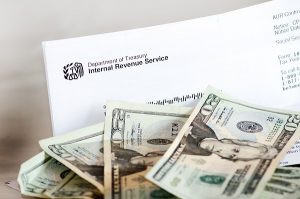Search
Our Tax Attorneys Have Good News if you Didn’t Apply for a PPP Loan by the Deadline of June 30, 2020.
PPP Loans are an excellent way for small businesses with Covid-19 related financial issues to obtain a very low (one percent) interest loan from the government. Unfortunately, if you haven’t applied yet the time period for submitting an application expired on June 30th. The good news is that the Senate and the House have passed a bill which extends the deadline to apply to August 8, 2020. President Trump signed the bill into law on July 4, 2020. While it seems that large businesses are the usual recipients of government money, this program reaches the smallest of businesses.
At the time of this writing it appears that there was still about $130 billion in loans still available. With an average loan size (the precise number keeps changing) of about $110,000 that means that up to about another 1.2 million businesses could take advantage of the PPP loan program.
If handled properly, the loan will be forgiven by the government. Therefore, it is essentially a grant by the government. When the loan is forgiven there will no discharge of debt income to take into account. However, businesses will be unable to deduct expenses paid with the forgiven loans on their income tax returns.

 Tax Problem Attorney Blog
Tax Problem Attorney Blog







